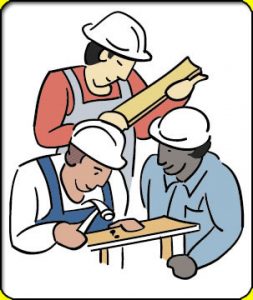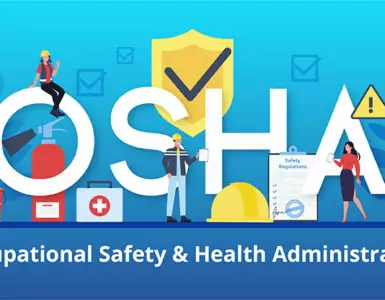
On Oct. 18, 58-year-old Bobby DeCristofaro was repairing a traffic light for the city of Quincy when he fell to his death after his bucket truck was struck by a tractor-trailer truck. DeCristofaro had worked for the city for 25 years.
Unlike private employers, public employers are not covered under the federal Occupational Safety and Health Act. Massachusetts remains one of only five states whose public employees are not covered by the act. This has resulted in inconsistent implementation of safety programs, putting thousands of workers at risk, said Marcy Goldstein-Gelb, executive director of the Massachusetts Coalition for Occupational Safety and Health (MassCOSH).
“Our hearts go out to the families and co-workers of DeCristofaro,” said Goldstein-Gelb. “While it is too early to determine all of the factors that contributed to this death, it shines a glaring spotlight on the hazards facing municipal workers and the need for consistent and effective health and safety measures.”
Many municipalities are not aware that under Massachusetts law, the Department of Labor Standards (DLS) is charged with inspecting public sector workplaces and determining the measures needed to ensure worker safety. According to DLS, “In the absence of specific standards, it is the policy of our office that public sector employees follow the OSHA Standards as a minimum. Compliance with the OSHA Standards will in most cases ensure compliance with the intent of Chapter 149 section 6.”
While authorities are still investigating the details that contributed to this fatality, similar incidents have occurred previously in Massachussets. In fact, DLS recently issued an alert to draw attention to the injuries and deaths caused by aerial lift and bucket truck accidents.
In 2009, an employee of a Public Facilities Department in a city in southeastern Massachusetts was seriously injured when the aerial lift truck he was working in was struck by a tractor trailer. In that incident, the DLS investigation found several failed safety measures which contributed to the accident, including inadequate barricades, failure to provide police detail and lack of sufficient restraint or fall protection system.
“I have met many other families of workplace fatality victims and while the details of each incident are different, they all have one thing in common: These tragedies can and must be prevented,” said Melissa King, a MassCOSH board member whose father was electrocuted at his job in 2005.
This article was originally posted at http://ehstoday.com/standards/osha/worker_death_need_protections_1020/




